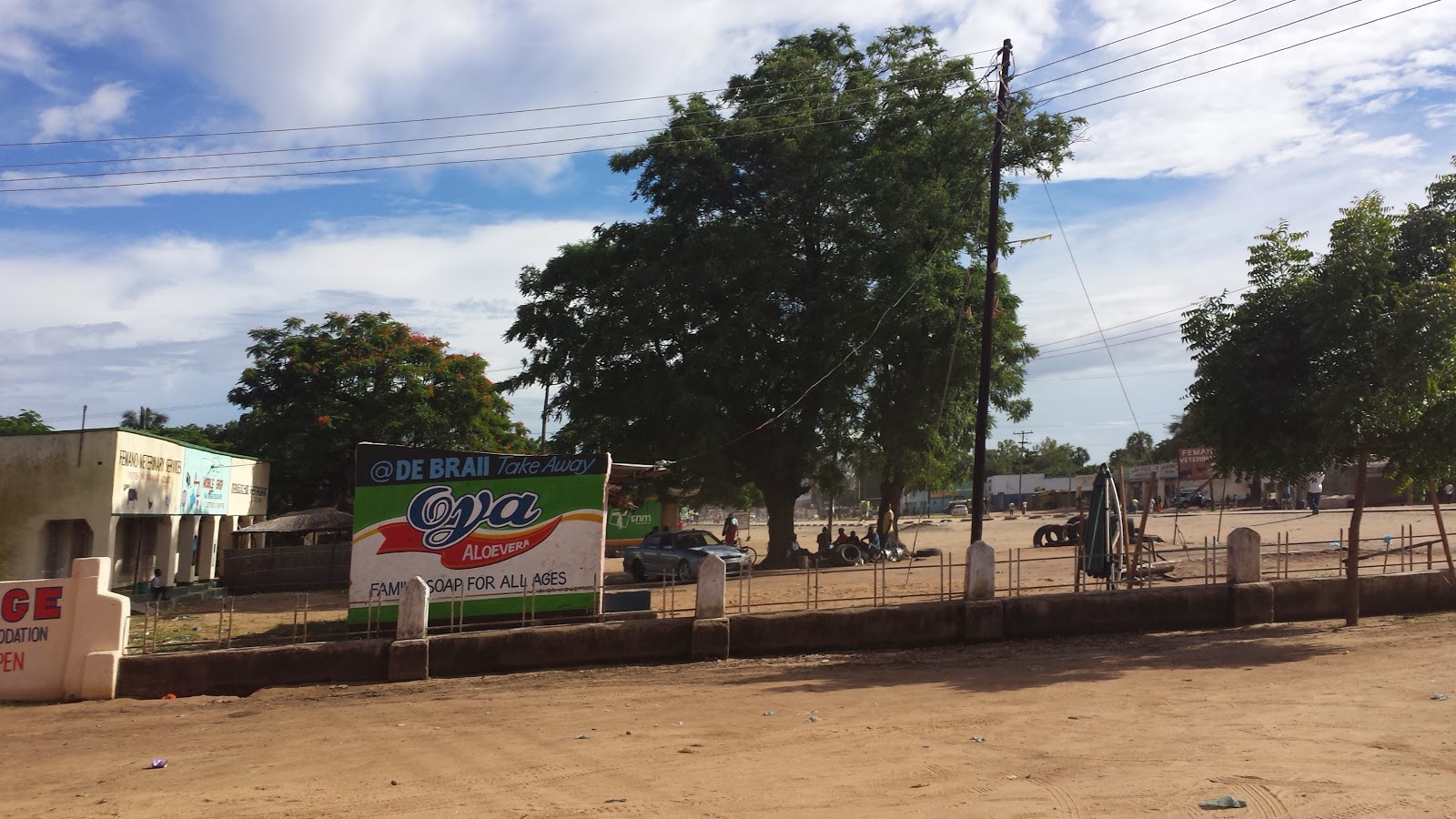I sit in the local airport lounge. In front of me are a mixture of cacti and palms and a stray tropical bird; around me is the cacophany of the many accents that make up this complex country of Colombia. The local lilting truncated coastal Guajiro, the crisp classical inland Paisa, and the wail of the ubiquitous under-two year old child all fill my ears.
Two months have already flown by since I walked past these airport palms to a first look at my new home, Riohacha. Hot, sometimes dry sometimes humid, full of color and life, and very very noisy, Riohacha mixes all the components that make up this mysterious in your face but try to understand us if you can region of La Guajira. Every color of skin, every type of hair and clarity of eye, and a mix of Afro-Colombian, indigenous Wayuu, Dutch ancestry, Lebanese, Palestinian, and Jordanian third-generation immigrants, Wiwa, Kogui, and perhaps even Arhuaco cultures that migrate from the western mountains of the Sierra Nevada and further, and Colombian expats working in the oil and mining industries living with one foot in Bogotá and one in Riohacha all make up this precariously positioned seat of the state of Guajira.
I arrived with simplified expectations and found complicated impressions. Instead of desert I found a semi-arid mix of sand, mud, and lakes with flamingoes and cactus, seaside and dried up cracked earth located within a short circumference; where I expected villages with malnourished children but also with innovative uses of local resources, I found scattered indigenous communities dependent on handouts and in a process of losing their farming and water-tending traditions. It appears that the only expectations that were matched in impressions were the excellence and commitment of my work colleagues and the widespread corruption and brokenness of the health system within which they operate.
Colombia contains an incredible diversity of cultures and sub-cultures; however, here in Riohacha, a repeat track of the locally-derived various rhythms of Vallenato plays without ceasing. The majority of Riohachans live life outside their tiled or concrete patios which give way to an open concept house with small kitchen and large courtyard if they are rich enough. The key to status seems to be not fancy cars but the size of the family speaker and the force with which it vibrates the neighbors' beds until 5 in the morning. Much like in Cairo, life starts early and ends early; to cope with the heat many start their day at 5 or 6am and work from 7 until noon when they return home and join their children returned from school for lunch and a siesta until 2pm when they return to work until 6pm. My days vary due to the large span of land we travel and work in and can last from 6 to 13 hours usually with a nap caught as our truck bumps over muddy trenches and navigates hardened sand to the detriment of our long-suffering spines.
With two months of experience in this complicated place, I have started to become used to hot temperatures, the bumpy car rides, and the exhausting nature of our work. I have stopped becoming surprised by Masses at which people clap after the Gospel and dance to the entrance song. I have yet to get used to the near constant loud loud loud music banging through my walls, the need for parties to have their speakers blasted until one can't even think let alone dance, and the ubiquitousness of large cockroaches. I hope to get used to the need to chat before getting down to business, the complete lack of personal space in lines, and the incredibly thick difficult accent of the region. I hope to find myself slowing down my walk, my pace of talk, and finding the time to call people "princess" and "queen" and "my beauty" as the locals do here.
It has already been a swinging journey with an incredible diversity of experiences. If I persevere, I can be part of team that is bringing better care to those dispersed in forests of cactus and will see the lights of the region who are working to improve this troubled terroir. If I persevere, I will overcome becoming embittered by the corruption and egotistical attitudes which only bring it down.
Here's to the next chapter in this complicated coastal life.







































































